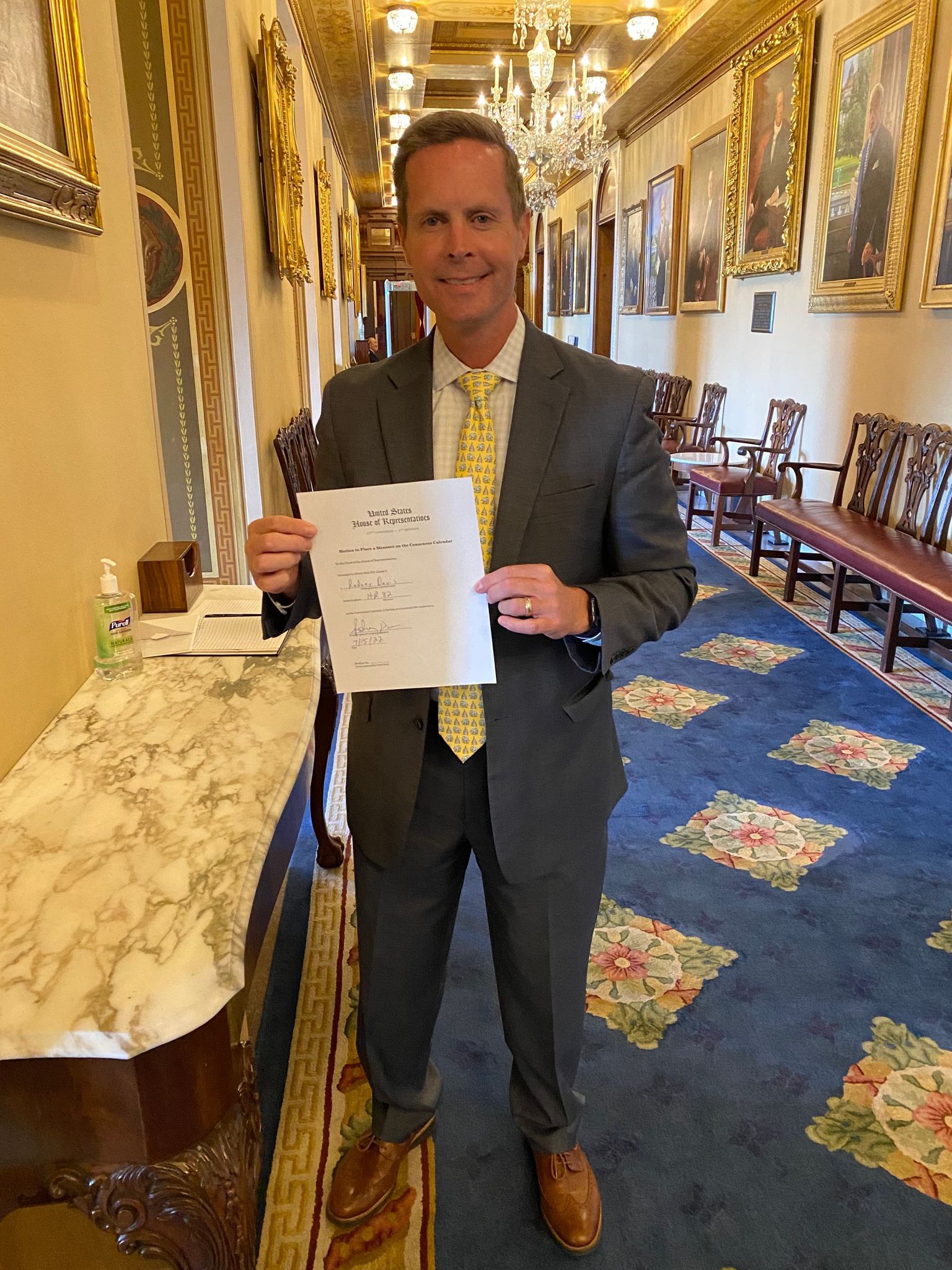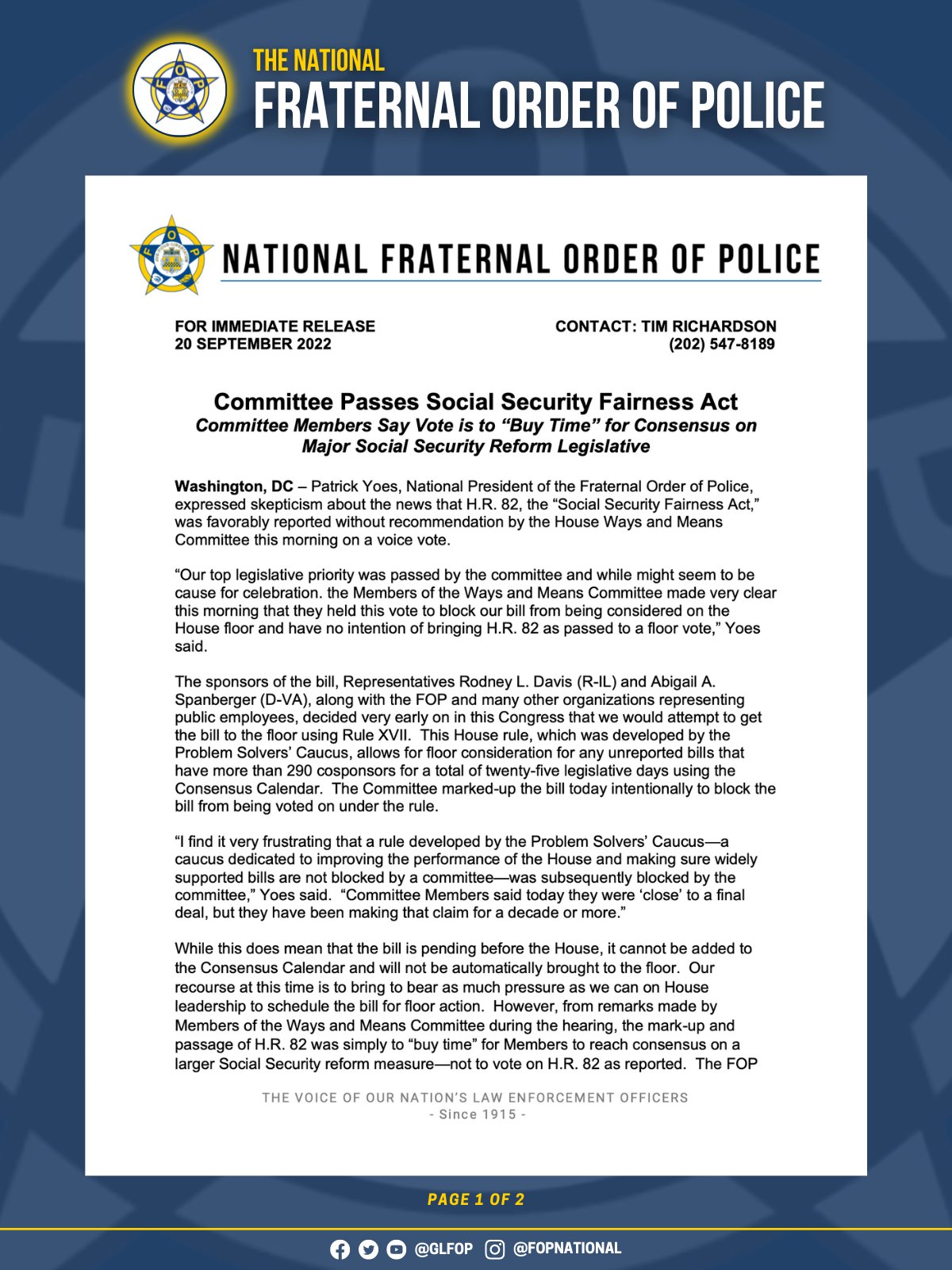Senators Propose Social Security Fairness Act To Improve Benefits For Low-Income Seniors
Editor's Notes: The bipartisan Social Security Fairness Act was introduced in the Senate today. The bill aims to improve benefits for low-income seniors by addressing the challenges they face, such as increasing costs of living and stagnant wages.
In an effort to address the needs of low-income seniors, a bipartisan group of senators have introduced the Social Security Fairness Act. The bill aims to improve benefits for this vulnerable population by addressing the challenges they face, such as increasing costs of living and stagnant wages.
FAQ
This FAQ section provides comprehensive answers to frequently asked questions regarding the Senators Propose Social Security Fairness Act, aiming to enhance understanding of its provisions and potential impact on low-income seniors.
Question 1: What are the key provisions of the Social Security Fairness Act?
The Act proposes several key provisions, including increasing monthly benefits for low-income seniors, implementing a new minimum benefit, and eliminating the Windfall Elimination Provision.
Question 2: How will the Act benefit low-income seniors?
By increasing monthly benefits and establishing a minimum benefit, the Act aims to provide a more secure financial foundation for low-income seniors, reducing their risk of poverty and improving their overall well-being.
Question 3: What is the estimated cost of the Act?
The Act's total cost is estimated to be $175 billion over the next ten years, which will be funded through a combination of increased payroll taxes and general revenue.
Question 4: When is the Act expected to be implemented?
The Act is still in the proposal stage and has not yet been passed into law. If passed, the implementation timeline will be determined by the legislative process and could take several months or even years.
Question 5: Who supports the Act?
The Act is supported by a coalition of organizations, including AARP, the National Council on Aging, and the Center on Budget and Policy Priorities, who advocate for the well-being of low-income seniors.
Question 6: What are the potential drawbacks of the Act?
Some critics argue that the Act's funding mechanism, which includes increased payroll taxes, could place an additional burden on working Americans. Others express concerns about the long-term sustainability of the Social Security program given the proposed benefit increases.
Summary: The Social Security Fairness Act seeks to improve the financial security of low-income seniors by increasing benefits and implementing a minimum benefit. While the Act has received support from various organizations, it is still in the proposal stage, and its implementation depends on the legislative process.
Transition: For further information on the Social Security Fairness Act and its potential impact, please refer to the provided resources.
Tips for Seniors to Improve Social Security Benefits
The Social Security Fairness Act, proposed by Senators, aims to enhance benefits for low-income seniors. The bill includes provisions to:

Davis Pushing Social Security Fairness Act to House Floor – WLDS - Source wlds.com
Tip 1: Increase the Special Minimum Benefit:
This provision raises the minimum monthly benefit for workers with a long history of low-wage earnings, ensuring they receive a more equitable compensation.
Tip 2: Expand the Senior Citizen's Cost-of-Living Adjustment (COLA):
The bill proposes increasing the COLA for individuals receiving Social Security benefits over the age of 80 to account for higher healthcare and living expenses in advanced age.
Tip 3: Eliminate the Windfall Elimination Provision (WEP) for Survivors:
This provision removes a penalty that disproportionately reduces Social Security survivor benefits for individuals who receive a pension from public sector employment.
Tip 4: Enhance Disability Insurance (DI) Benefits:
The bill extends the SSDI trial work period, allowing disabled individuals to test their ability to work without losing their benefits for a longer duration.
Tip 5: Strengthen Social Security's Trust Fund:
The act proposes a small increase in the Social Security payroll tax rate for high-income earners to ensure the long-term solvency of the program.
These provisions aim to address the financial challenges faced by low-income seniors and provide a more secure retirement for this vulnerable population.
For more information on the Social Security Fairness Act, please refer to the official Senate website.
Senators Propose Social Security Fairness Act To Improve Benefits For Low-Income Seniors
As part of the ongoing efforts to bolster the financial security of elderly Americans, U.S. Senators have introduced the Social Security Fairness Act. This legislative initiative aims to address longstanding inequities within the Social Security system and proposes enhancements specifically tailored to benefit low-income seniors.

Spanberger, Graves File Discharge Petition for Social Security Fairness - Source spanberger.house.gov
- Increased Benefits: Gradual increases in benefits for the lowest-earning seniors.
- Improved COLA: Enhanced cost-of-living adjustments to keep pace with inflation.
- Expanded Eligibility: Extension of benefits to previously ineligible low-income individuals.
- Reduced Taxation: Exemption of a greater portion of benefits from federal income taxes.
- Caregiver Credits: Recognition of unpaid caregiving work as eligible earnings for Social Security purposes.
- Online Platform: Creation of an online portal to simplify benefit application and management.
Collectively, these measures strive to enhance the financial well-being of low-income seniors, many of whom have faced economic challenges throughout their lives. By providing them with increased benefits, improved protection against inflation, and reduced tax burdens, the Social Security Fairness Act aims to ensure a more secure and dignified retirement for these vulnerable Americans.

Spanberger, Graves File Discharge Petition for Social Security Fairness - Source spanberger.house.gov
Senators Propose Social Security Fairness Act To Improve Benefits For Low-Income Seniors
Legislation has been proposed in the Senate to improve benefits for low-income seniors. The Social Security Fairness Act would increase benefits for those who have worked in low-paying jobs, have been out of the workforce to care for family members, or have disabilities.

National Fraternal Order of Police (FOP) on Twitter: "🚨 NEW: Committee - Source twitter.com
The legislation would also provide a one-time payment of $2,400 to Social Security beneficiaries. This payment would help low-income seniors catch up on bills or expenses, and would provide a much-needed boost to their incomes.
The Social Security Fairness Act is a much-needed improvement to the Social Security program. It would provide much-needed financial relief to low-income seniors, and would help to ensure that they can live with dignity and security.
| Benefit | Current Law | Social Security Fairness Act |
|---|---|---|
| Retirement benefits | Based on average lifetime earnings | Based on highest 35 years of earnings |
| Disability benefits | Based on average lifetime earnings | Based on highest 35 years of earnings, or on special rules for certain disabilities |
| Survivors benefits | Based on the deceased worker's average lifetime earnings | Based on the deceased worker's highest 35 years of earnings |
Conclusion
The Social Security Fairness Act is a critical step towards ensuring that all seniors have a secure retirement. By providing increased benefits for low-income seniors, the Act would help to reduce poverty among the elderly and improve the quality of life for millions of Americans.
We urge Congress to pass the Social Security Fairness Act without delay.
